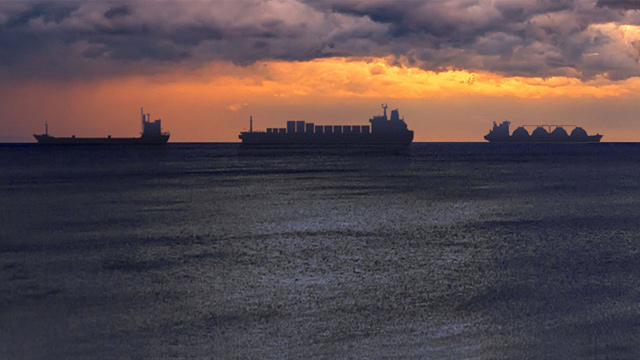Ammonia as fuel
In August 2020, Alfa Laval, Hafnia, Haldor Topsoe, Vestas and Siemens Gamesa issued the report “Ammonfuel – an industrial view of ammonia as a marine fuel” based on their own industrial expertise and input from a range of competent industrial players.
What the paper covers
The ammonfuel report provides shipowners with a comprehensive and up-to-date industrial overview of the applicability, scalability, cost and sustainability of ammonia as a marine fuel.
The shipping industry is facing both known and yet unknown environmental and climate regulations, such as the MARPOL regulations and the IMO targets for greenhouse gas reductions. Many have suggested ammonia as a sustainable marine fuel that can deliver compliance. However, ship investors are left with some key concerns:
- What is the future cost of green ammonia?
- Will safety be an issue?
- What is the global availability and scalability of ammonia as a marine fuel?
- What are the risks faced – or eliminated – by choosing ammonia fuel for the next investment?
The ammonfuel report addresses these concerns and provides clear answers built on the current facts available.
Download the report today by filling in the registration form to the right.
Z myślą o amoniaku
Alfa Laval ciężko pracuje nad zadaniem dekarbonizacji przemysłu morskiego i osiągnięcia celów redukcji emisji gazów cieplarnianych. Po sukcesie z trudnymi paliwami, takimi jak metanol i LPG, nadszedł czas, aby przenieść kondycjonowanie paliwa na wyższy poziom: pracując nad bez emisyjnym amoniakiem.
Proszę posłuchać Niklasa Dahla, wiceprezesa i szefa działu Marine Separation, który przedstawia dostępne możliwości.
Fuel conditioning technology for smooth, future-proof operations
Alfa Laval has led the way in fuel conditioning for many years. The original Alfa Laval Fuel Conditioning Module (FCM) broke new ground for fuel booster system capabilities, and over the years we’ve continued to develop and optimize our offering. The result is a fuel conditioning portfolio prepared for any future.

